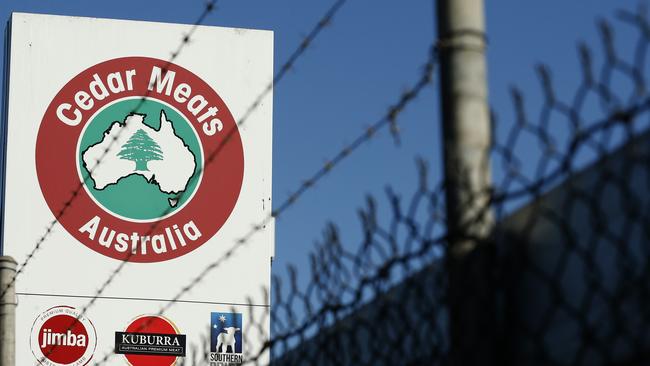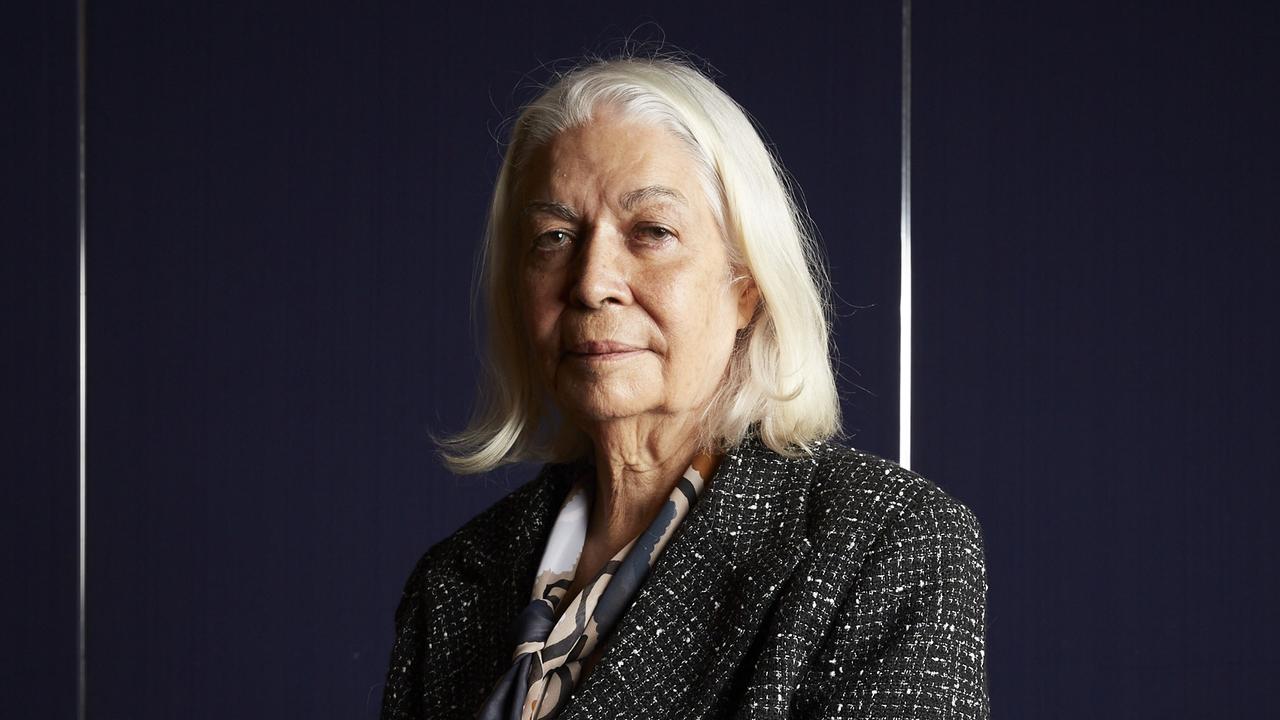Coronavirus: Migrants may be at greater risk
Migrant workers are believed to be among the cluster of 71 cases from Cedar Meats in Victoria.

Migrant communities could be more vulnerable to future COVID-19 outbreaks with migrant workers believed to be among the cluster of 71 cases from Cedar Meats in Victoria.
Head of the Australian Industry Group and chair of the Migration Council of Australia Innes Willox has told The Weekend Australian that isolated communities that English-language messaging did not reach could be at greater risk of breakouts.
The Morrison government, which has poured resources into reaching non-English-speaking communities, has now backed a world-first specialised language app developed by the MCA to penetrate at-risk communities representing more than one million people.
“The biggest risks for breakouts may be in communities that are socially isolated and where English-language messages do not penetrate,” Mr Willox said. “With two million temporary visa holders and millions more recently settled new migrants, Australia’s diversity could also present risks.”
The MCA said the recent outbreak in the Victorian meat works highlighted that one of the vulnerabilities in the battle against COVID-19 might be large non-English-speaking communities.
Acting Immigration Minister Alan Tudge backed the use of the MyAus COVID-19 app as an extra tool to reach non-English-speaking communities.
“The Migration App is a useful complement to the official government app and the information available on Australia.gov.au,” Mr Tudge told The Australian. “We have made great effort to ensure that everyone in the community understands the health restrictions, including those new migrants with poor English.”
“This includes translations of messages into 63 languages and deep engagement with community leaders.
“The evidence shows that it has been effective with the understanding of health restrictions by non-English-speaking people being the same as with native English speakers. It is understood a significant number of the Cedar meat workers were migrant workers on permanent visas — not temporary workers.”
Migration Council of Australia chief executive Carla Wilshire said “the capacity of everyone in the Australian community to all follow guidance and recommendations from health experts will be critical to the long-term management of COVID-19.
“We have a responsibly to ensure that everyone here has access to information to protect themselves and others.’’
Mr Tudge played down the potential for migrant communities to be at particular risk.
“New Australian citizens and migrants have been a massive part of the success in getting this virus under control,” he said.
“If precautions aren’t taken, outbreaks are going to occur no matter where you are.’’




To join the conversation, please log in. Don't have an account? Register
Join the conversation, you are commenting as Logout